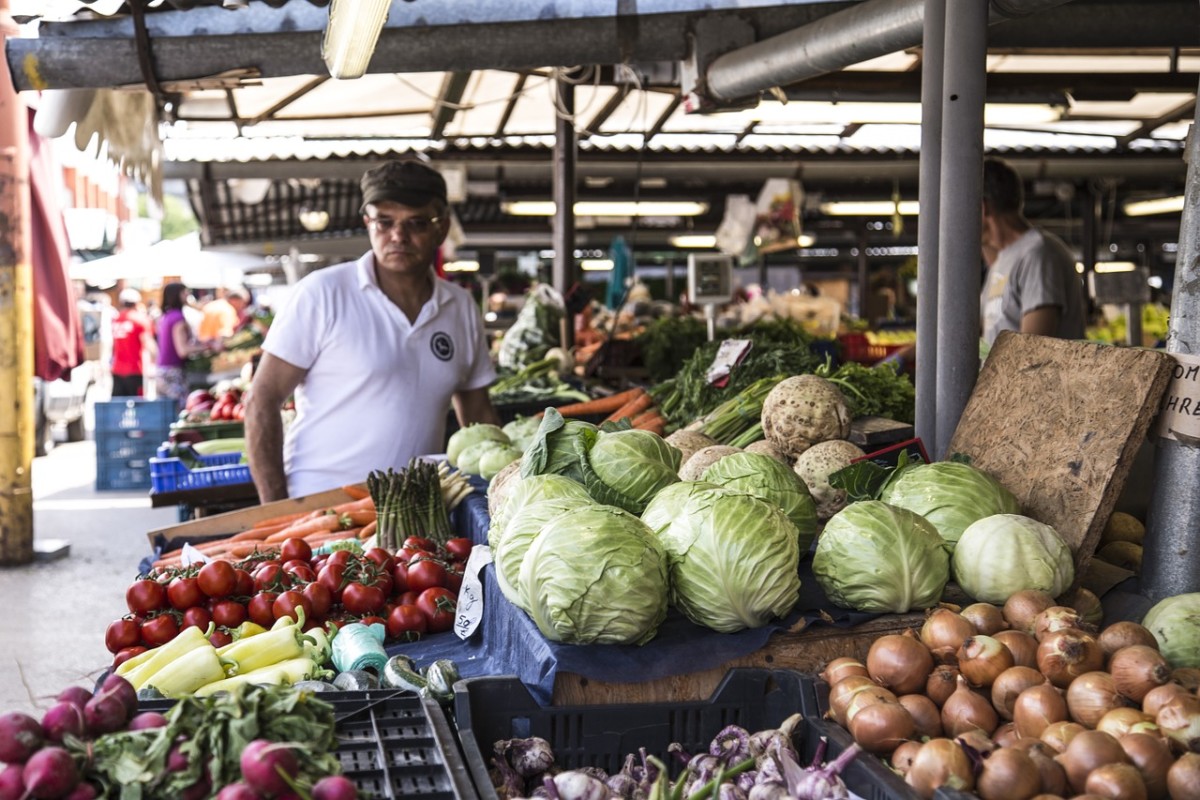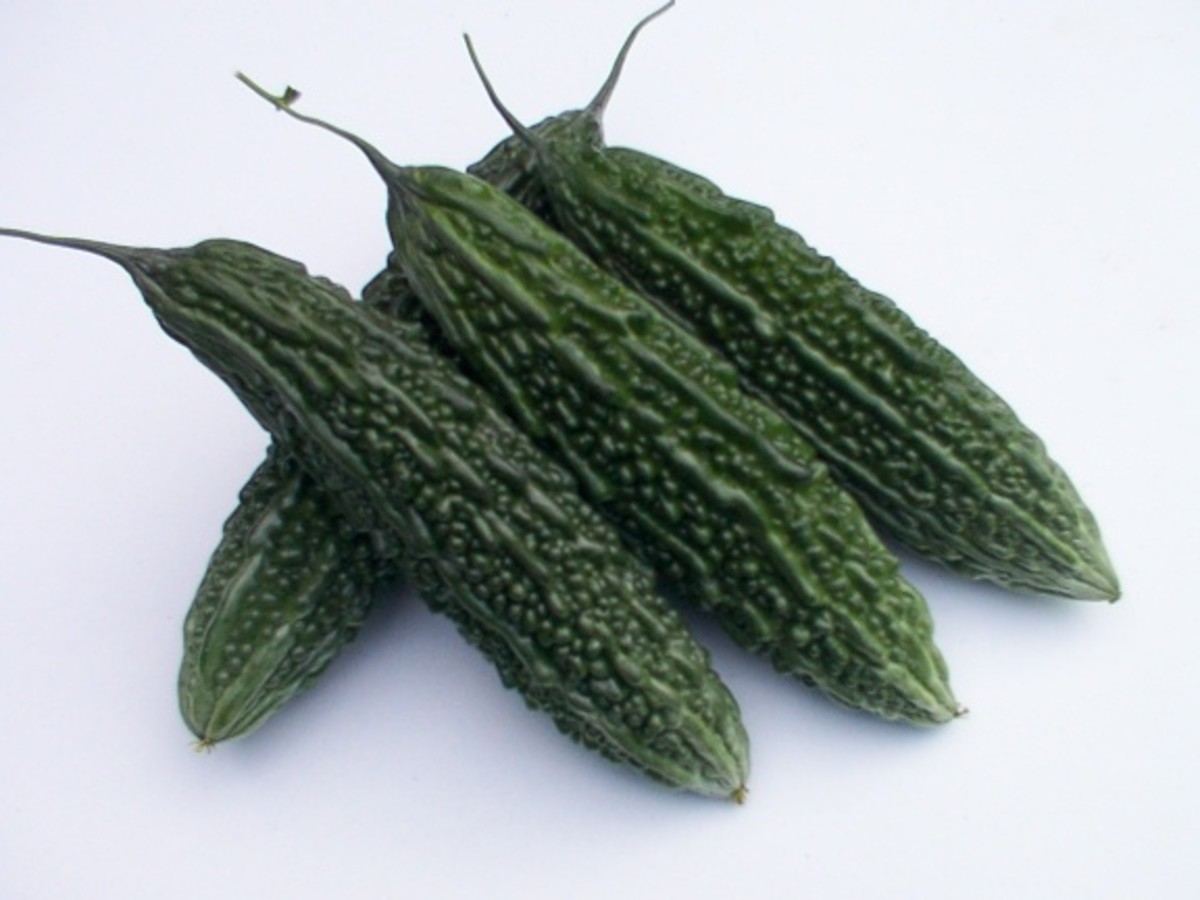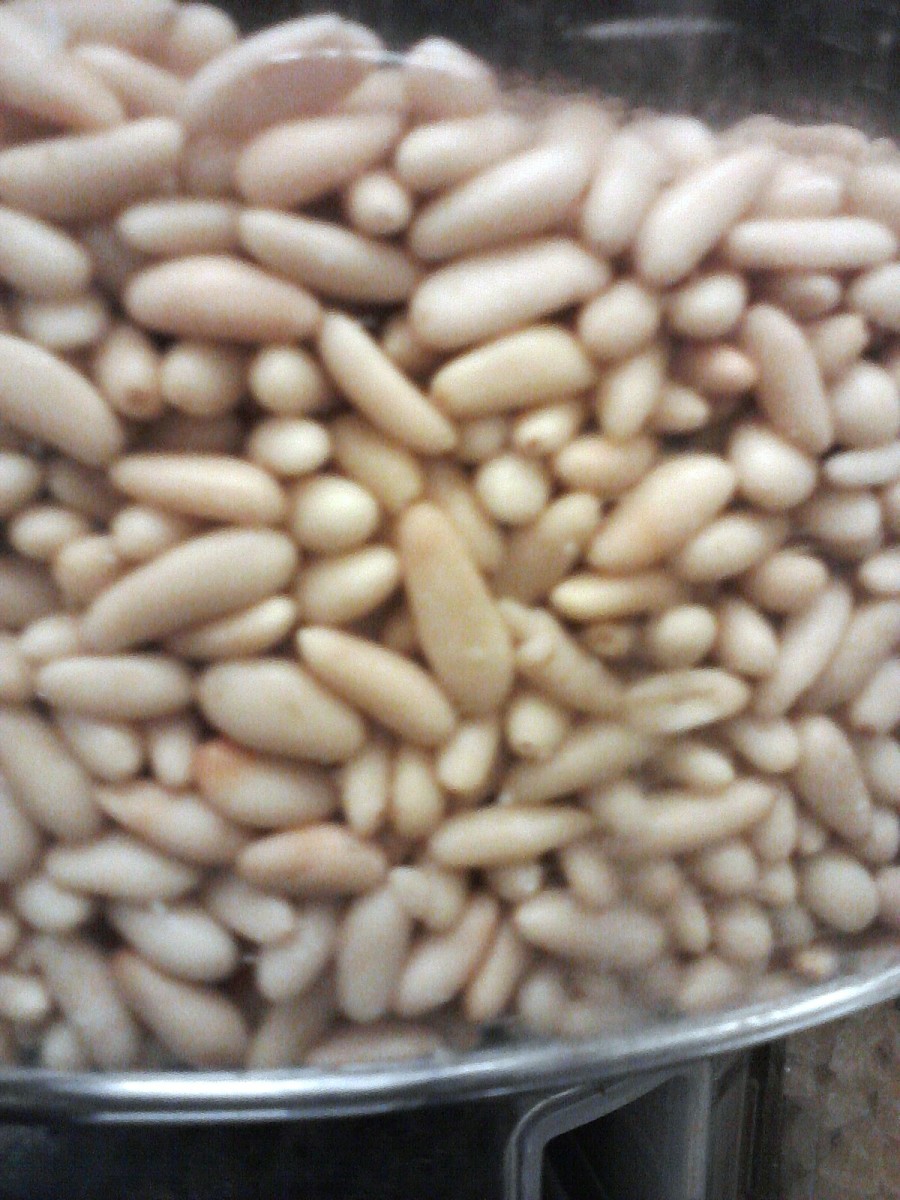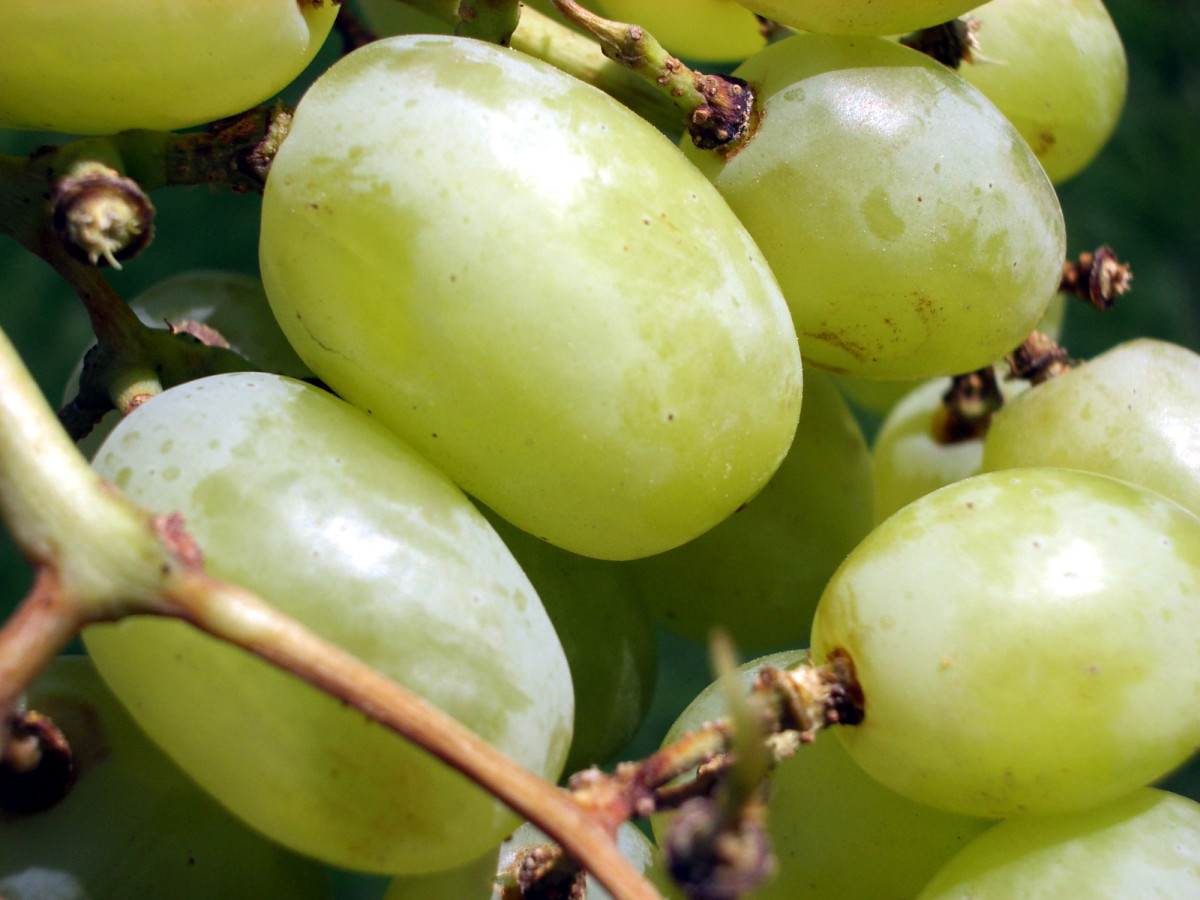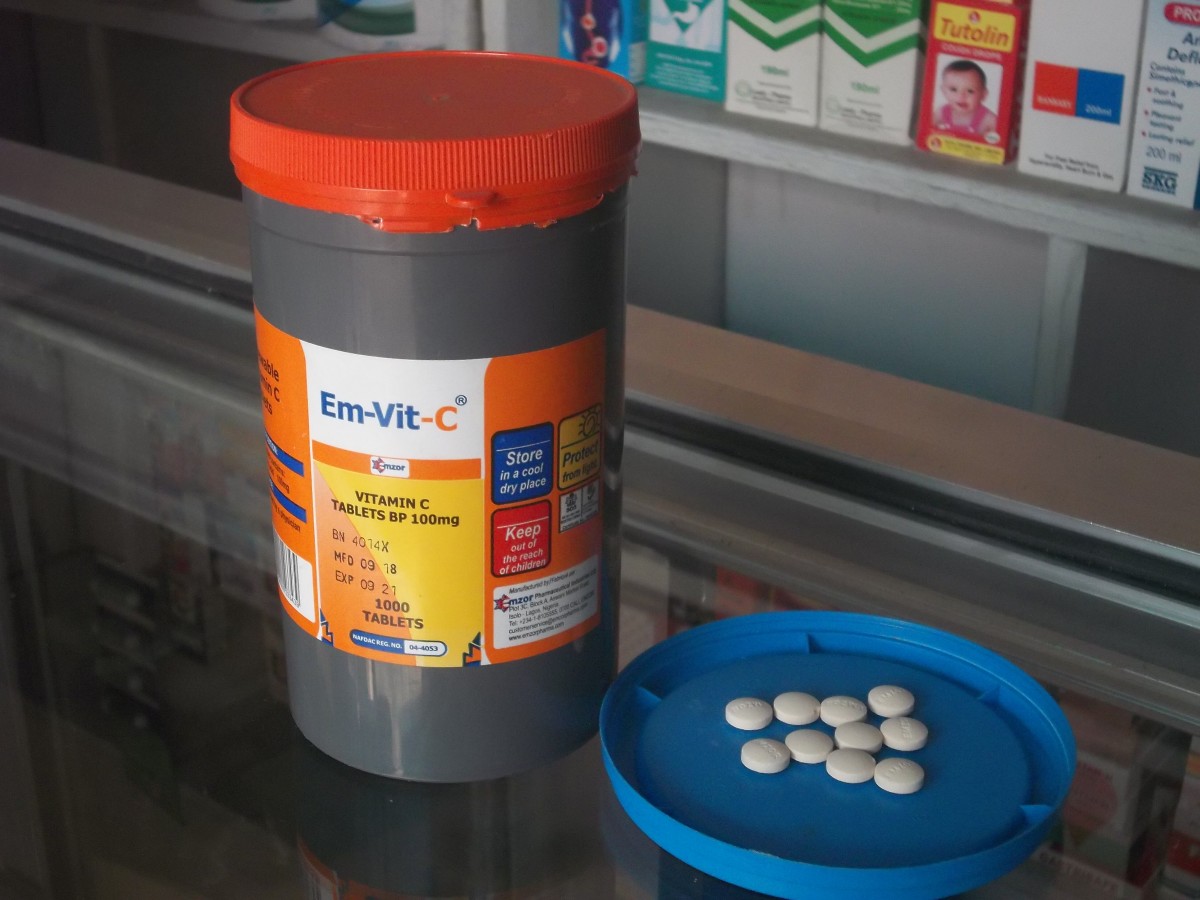The Benefits of Buying Local Produce
Why Buy Locally?
The convenience of mass-produced fruits and vegetables in large grocery stores has made many people forget all the small local farmers in the area that may have produce that is lower in pesticides (and even organic!), more ripe, and tastier than what you may find at a grocery store.
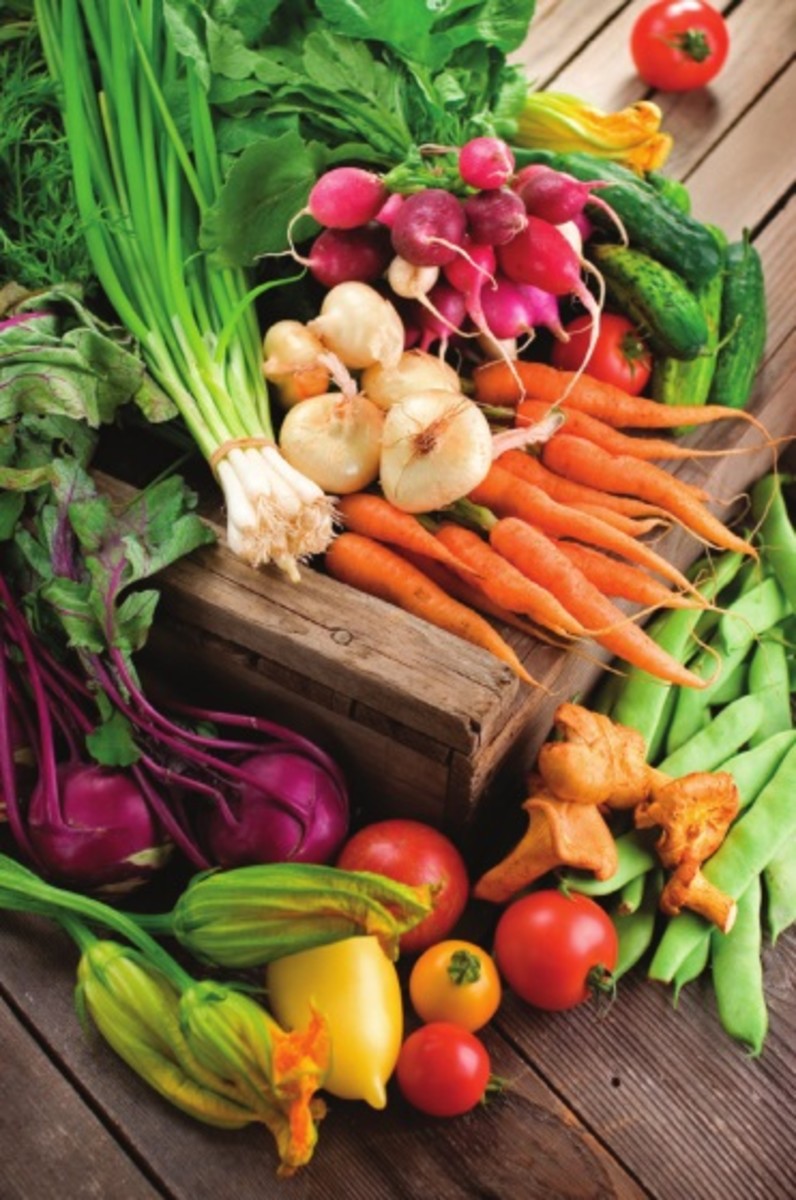
Benefit #1: Freshness and Better Taste
Most produce from large supermarkets has been shipped from across the country - or even a different country. That means the fruits and vegetables are not picked at their peak ripeness. Unripe fruits are exposed to ethylene gas during shipment to speed up the ripening process and make them look pleasing when they arrive at the grocery store. This means that the red tomatoes you find in the store did not actually turn red on the vine, and they did not develop the flavor they would have if they had been allowed to do so. Try comparing fruit from a large supermarket and fruit from a local farmers market. Farmers market fruit is always the sweetest!

Benefit #2: Better Nutritional Value
During the time that produce grows, it absorbs minerals from the earth and develops vitamins and enzymes within itself. When the food is picked before it is ripe, it cuts off the time it has to truly absorb and form all these nutrients. After fruits and veggies are picked, their nutritional value slowly decreases the longer it has been off the vine, bush, or tree. Buying local food can ensure you are getting things that were more recently picked, and you will have food with higher nutritional value.
Benefit #3: Energy Savings
Another benefit to buying local produce is energy savings. Buying local food can actually save fossil fuel because the food is not coming from hundreds of miles away. Author and activist Michael Pollan puts the impact of the food we eat into perspective:
Michael Pollan on Local Produce
A Local Food Movement
Benefit #4: Supporting Your Local Economy
Over the years, small farmers have become less and less common. Farmers are losing business to large companies that can conveniently produce mass quantities of food. You can buy higher quality and more nutritious items from a local farmers market. Buying locally means you will have fruits and vegetables picked at their peak of ripeness. This means better nutritional value and better taste. At a local market you can speak directly with the farmer to ask if things are organic, or ask about things they carry during different seasons. Find some farmers markets in your area and see what they have to offer!
Farmers Market Directory
- USDA’s National Farmers Market Directory
Many farmers markets are listed in the USDA's Farmers Market Directory. You can search for some in your area by a simple search with your zip code. You can narrow down your search further based on products available and accepted payment methods.
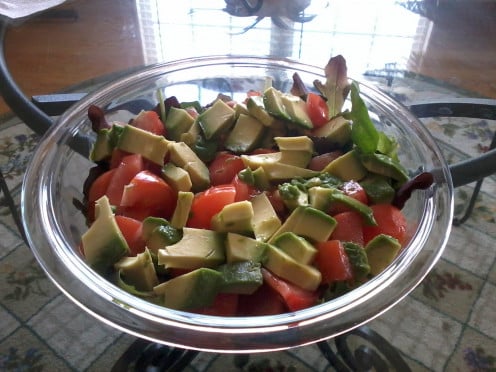
Tips For Buying Local Produce
To find places to buy local produce, begin by doing a quick search for farmer's markets in your area. Get to know the people there, because often they know lots of other farmers and can give you more information on specific produce you are interested in.
Try to find some farms where you can pick your own produce. This is very fun and fulfilling, and you will know exactly where your food is coming from. It also often lowers the cost of the produce since you are doing the picking yourself. You can find food that is ripe, delicious, fun to pick, and cheaper than what you will find at a grocery store!
More on Nutrition:
- The Benefits of Soaking and Sprouting Raw Almonds
Almonds are a healthy snack that contain many nutrients your body needs. Since the skin in almonds and other brown nuts contains enzyme inhibitors and phytic acid, soaking and sprouting them can help your body truly use all the vitamins and minerals - Things You Should Know About Vegetables
This article explains the many benefits of consuming vegetables and the difference between starch vegetables and true vegetables. Also reviewed is three ways to add more vegetables into your daily diet.

